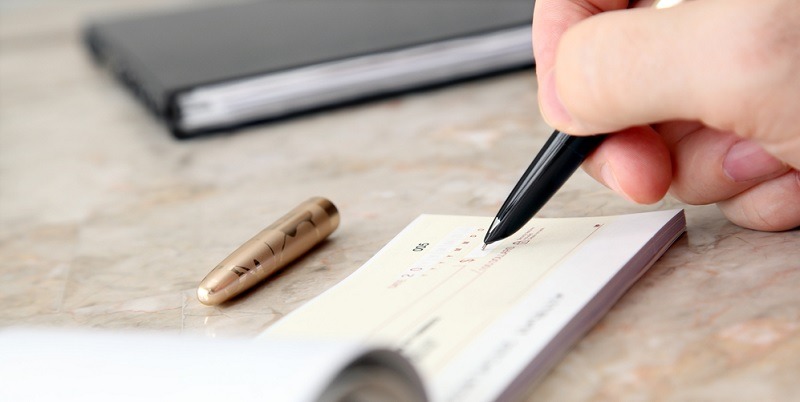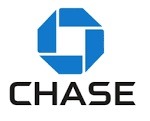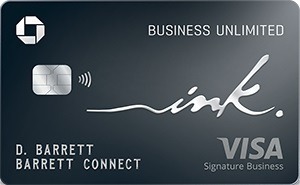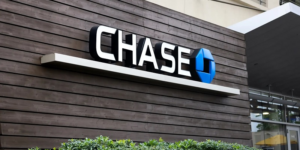 We’ve gone over how long you should wait after depositing a check and how to write them, but what happened after writing a check? What process and procedure does the bank follow after you’ve written a check and someone else has deposited it?
We’ve gone over how long you should wait after depositing a check and how to write them, but what happened after writing a check? What process and procedure does the bank follow after you’ve written a check and someone else has deposited it?
In this post we’ll go over the fundamental process of what the bank does and what happens to your account after you a check you’ve written has been deposited.
 | BMO Bank Checking: Open a new BMO Smart Advantage Checking Account and get a $350 cash bonus* when you have a total of at least $4,000 in qualifying direct deposits within the first 90 days. Learn More---BMO Checking Review *Conditions Apply. Accounts are subject to approval and available in the U.S. by BMO Bank N.A. Member FDIC. $4,000 in qualifying direct deposits within 90 days of account opening. |
 | Chase Total Checking®: Earn $300 bonus when you open a new Total Checking® account and make direct deposits totaling $500 or more within 90 days of coupon enrollment. Apply Now---Chase Total Checking Review |
 | Chase Private Client: Enjoy up to $3,000 bonus when you open a new Chase Private Client Checking account with qualifying activities. Get more from a personalized relationship when you open a new Chase Private Client Checking account with qualifying activities. Learn More---Chase Private Client Review |
When Do The Funds Leave Your Account?
Whenever your written check is deposited, it may be days until the money is actually take from your account, because it won’t be withdrawn until the payee’s bank requests it. Your payee’s bank may use their funds to fill their account with the money and won’t need that money back until a later date, which is when they pull it from your account.
Because of this, some people may write a check for a certain amount knowing that, at the moment, they don’t have enough money in the account for the check. This is illegal to do, however consequences for it are unlikely unless you’re knowingly scamming/committing fraud.
There are other factors that can be taken into consideration when it comes to the speed at which the money is withdrawn from your account, such as how and when it is deposited and the form the check comes in-
Normal Deposits: When you write a standard handwritten personal check and it’s deposited, the payee’s bank will forward a copy of your check to your bank which is when the funds are withdrawn from your account and sent to the payee’s account. This process can take several business.
Electronic Deposits: If the payee deposits the check electronically, they eliminate the need (and the time) it takes for them to physically travel to the bank and deposit the check. They can simply take a picture of the check using their banks mobile phone app which converts the check to a digital copy that can then be sent to your bank electronically.
Cashing the Check: If your payee cashes the check, funds will need to be available immediately. If you don’t have sufficient funds for the payee, the check will be denied and you’ll have to pay a fee to your bank.
How To Avoid Your Checks From Bouncing
One simple step to avoiding your check from bouncing is to simply be sure you have enough money in your account. There are other precautions you should you should take when writing a check.
Watch for holds. Although you do get some spending money immediately after you deposit a check, you won’t get all of it, so always keep that in mind before you go out right after depositing a check. If you deposit cash, you will get those funds in your account immediately.
Balance your checkbook. Always keep track of the checks you write. Remember, the process may take several days, so your previous purchase may not have left your account yet. If you have any outstanding checks that haven’t been paid yet and you forget about it, you can easily spend more than you have and have your next check bounce.
Write your checks properly. If you mess up writing your check, such as filling in the wrong information, or having an improper signature, the check you wrote may bounce. If you’re unsure on how to properly write a check, read our Guide to Checks and how to properly Write Dollars and Cents on a check.
What If You Want To Cancel Your Payment?
If you’ve written out a check and want to cancel it, request a stop payment as soon as possible. You may have several business days if the payee deposits the check, but if they cash the check before you cancel it, there’s nothing you can do.
Call your bank and ask them their process on how to cancel a check. Generally a verbal request with a teller is enough but be sure to always check on your banks policies.
 | BMO Bank Checking: Open a new BMO Smart Money Checking Account and get a $400 cash bonus* when you have a total of at least $4,000 in qualifying direct deposits within the first 90 days. Learn More---BMO Checking Review *Conditions Apply. Accounts are subject to approval and available in the U.S. by BMO Bank N.A. Member FDIC. $4,000 in qualifying direct deposits within 90 days of account opening. |
 | Chase Ink Business Unlimited® Credit Card: New cardholders can enjoy a welcome offer of $750 bonus cash back after you spend $6,000 on purchases in the first 3 months from account opening. Click here to learn how to apply--- Review |
Bottom Line
Checks are a great tool to use for payments. It’s necessary to understand what happens when you write a check and the steps you can take to prevent any bounces from happening and if you want to cancel a payment.
If you find these posts informative and would like to know any other banking tips and tools, be sure to check out our other Bank Guides! We also have posts on the best Bank Bonuses, Saving Rates and Credit Card Bonuses!




Leave a Reply